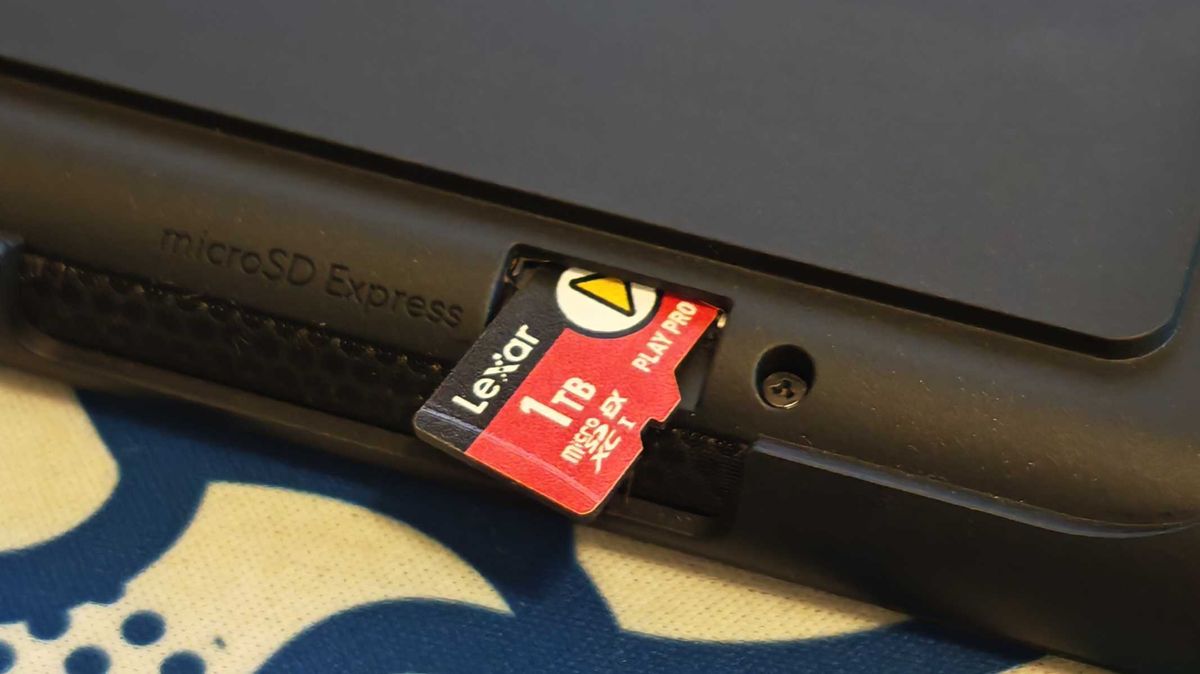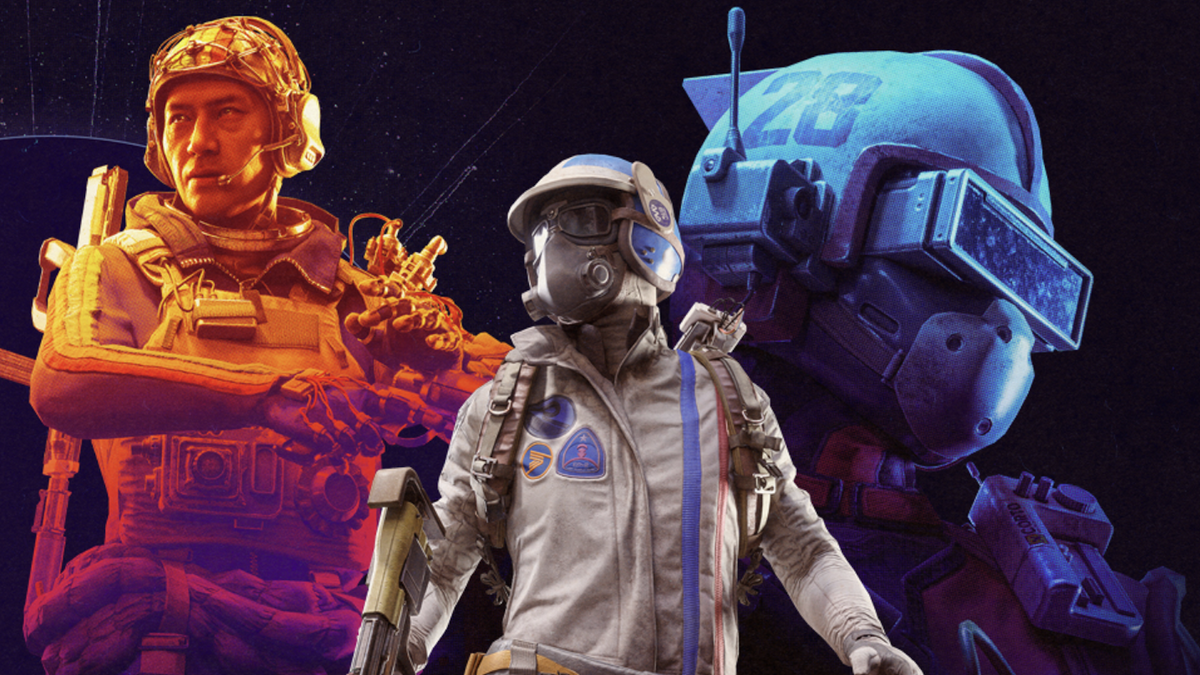Published on May 13, 2025 at 12:15 PM
:upscale()/2025/05/09/788/n/49351082/tmp_p7FpSu_042f5532cc4a54e3_Photo_Grid_4_Up_Burgundy_Pink-3-Main_V1_-_FULL_BLEED_IMAGES.png) Courtesy of Chandler PlanteCourtesy of Chandler Plante
Courtesy of Chandler PlanteCourtesy of Chandler Plante"You have retrobulbar abscess/cellulitis. That's a true emergency," an internet stranger recently commented on a TikTok of mine. Admittedly, the video is of me packing for an impromptu trip to the ER, but as someone with an undiagnosed chronic illness, comments like that only fan the flames of my medical anxiety. "I think you are allergic to your eye makeup," another person wrote in a separate video. "Go to the ER before you go blind."
On the internet, everyone is an expert. Or at least that's what it seems like when you scroll through the comments on #medicaltok. Underneath my videos, people have suggested eye drops, IVs, and MRIs, all with the utmost urgency and unwavering confidence. Whether I like it or not, social media empowers strangers to offer catch-all solutions, unsolicited medical advice, and — best of all — clinical diagnoses. While many are operating under good intentions, these virtual voyeurs aren't always as helpful as they might hope to be . . . and there are few things they love more than a medical mystery.
My health started to decline shortly after contracting COVID in December of 2020. I survived two strokes, then developed a pseudotumor behind my right eye, which made for an incredibly visible disability (I ultimately lost the eye in 2024). In the span of four years, I've been to six different hospitals across three different states, but no one has been able to give me a definitive diagnosis. Meanwhile, the internet has taken it upon itself to fill in the gap.
I realized that these commenters didn't know as much as they let on.
When these comments first came rolling in, I thought I'd hit the jackpot. I saw social media as a gold mine of information, Googling every suggestion that came my way. But over the years, I realized that these commenters didn't know as much as they let on, and they certainly didn't understand my specific circumstances. While undiagnosed patients may feel a heightened pressure to do their own research, I quickly learned that pinging random diagnoses at my doctors wasn't getting me very far. In fact, the majority of my commenters were wildly off-base, lacking context and ultimately stressing me out.
Of course, this is not an original experience. On a January episode of "Call Her Daddy," Amy Schumer talked about how concerned commenters once tried to diagnose her moon face. "I was like, 'OK everybody, relax,'" Schumer said. "They were like no, no, we think something's really up. Like your face looks so crazy." Selena Gomez has also addressed speculation about her health, which often goes hand in hand with body-shaming and comments about her appearance.
When my own comments started feeling overwhelming, I allowed myself to take what I needed, and leave the rest behind. At first it felt a bit uncomfortable; I worried that I might be leaving valuable pieces of information to rot in a TikTok graveyard. But gradually, my stress levels went down, and I was able to dedicate more time and energy to my medical team instead of my commenters. That in and of itself made the decision worth it.
I allowed myself to take what I needed, and leave the rest behind.
While I did (eventually) learn to tune out all the various diagnoses, there were some less-specific takeaways that I did glean from the comments section. The chronic illness community taught me how to better advocate for myself in healthcare settings (a difficult but critical skill). They directed me to specific specialists I might want to have on my team (neuro-ophthalmologists, allergists, geneticists, etc.). They even offered to deliver non-hospital food to my unit after I was admitted.
At the end of the day, social media may be able to provide some helpful insight, but no one understands your body and your circumstances better than you. The internet can be a great sounding board, a source of support, and even a community (if you're open to it). But when it comes to concrete medical advice, you should never feel guilty for leaving that to the actual experts.
Chandler Plante (she/her) is an assistant health and fitness editor for PS. She has over four years of professional journalism experience, previously working as an editorial assistant for People magazine and contributing to Ladygunn, Millie, and Bustle Digital Group.
PS relies on trusted medical experts and studies, including an advisory board. Read more about our health reporting process.

 5 months ago
110
5 months ago
110








 English (US) ·
English (US) ·